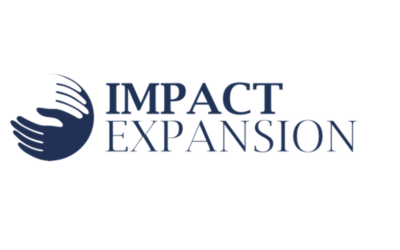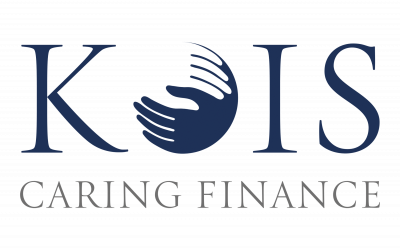Unlocking private capital for the forest and sustainable land use sector
Project details
Sustainable Land Use (SLU) protects the climate by reducing carbon emissions and preserving nature’s vital carbon sinks. It does so by averting or mitigating deforestation, degradation and carbon-intensive agriculture. All the while, SLU provides safeguards for meeting increasing human needs for food and fibre, as well as a habitat for biodiversity. UK’s government Department for Business, Energy and Industrial Strategy (BEIS) asked KOIS to help frame its investment strategy for SLU.Sustainable land use, a domain with high potential for blended finance
Deforestation, land degradation and unsustainable agricultural practices are major drivers of climate change. In 2012, they accounted for approximatively 24% of the global greenhouse gas emissions.
From this challenge emerges an opportunity for impact – and for investment. The SLU sector offers a large range of revenue-generating models from a private sector perspective. But, private capital is not yet at the needed scale to tackle the sustainable forestry and land-use challenge. There is a clear need for public and philanthropic investors to provide donor capital. As well, blended finance mechanisms need to help private investors overcome the perceived barriers and high-risk nature of SLU investments.
%
of GHG Emissions worldwide in 2010 were attributed to the AFOLU sector
%
carbon mitigation potential of forest-related activities vs. total carbon mitigation potential of nature climate solutions
Mobilising private investments into sustainable land use projects with the International Climate Fund
Following its 2018 report on sustainable land use, KOIS has been supporting the UK’s government Department for Business, Energy and Industrial Strategy (BEIS) to frame its investment strategy along these lines. The objective was to understand how limited resources in the International Climate Fund can be best used to mobilise private investment into SLU projects. Specifically, for projects that avoid deforestation and reduce emissions. The aim was also to help demonstrate how to put this sector on a sustainable footing.
KOIS has mapped more than 200 global funds and facilities in SLU with different sector focuses, track record levels, blended finance needs and public-private investment catalysation ratios. KOIS also prioritised those with the highest added value and actionability to halt deforestation, restore degraded lands and promote SLU. Finally, KOIS identified multiple delivery options for the public institution to deploy its capital.
There was no one clear solution and each option had its respective trade-offs. However, KOIS highlighted the catalytic role BEIS and public donors should play. By taking the risk the private sector cannot and testing different and new approaches, these solutions can lead to the urgent transformational change needed.
For sustainable land use to reach scale and deploy its full mitigation potential, private sector investors need to adopt higher risk and more patient investment profiles. In fact, these are inherent to the sector. In return, they will be able to capture significant value from long-term growth. This will be enabled by catalytic blended finance tools from public and philanthropic funds.
Discover our other projects
Impact Expansion: investing to tackle social exclusion, healthcare challenges and climate change in Europe
Impact Expansion was founded in 2022 through a covenant of partners from KOIS and Milestone. On the strength of their expertise in impact investing with a strong buy-and-build track record, the fund invests in companies during their growth stage in 3 focus sectors: Healthcare, Education & Employment, and Environment.
Club deals: since its inception, KOIS has initiated and managed a number of impactful club deals
KOIS and Quadria capital co-founded HealthQuad in 2016. Since then,
HealthQuad has become India’s leading Healthcare Focused Venture Capital Fund. The fund typically invests in early stage companies with a high disruption potential in the healthcare industry. HealthQuad aims to contribute to improving affordability, accessibility and quality of healthcare services in India while generating attractive returns for investors.
Multi-country Social Outcomes Contracting to tackle unemployment in Europe
European Union Member States have been confronted with the challenge of unemployment for several decades with relatively similar characteristics. Seeking innovative approaches to tackle this common issue, KOIS has supported the European Investment Advisory Hub (EIAH), in testing the preliminary feasibility of a Pan-European Social Outcomes Contracting (SOC) scheme. In this study, we explore the potential benefits and hurdles of a multi country Social Outcomes Contracting in three pilot countries, France, Belgium and the Netherlands.




